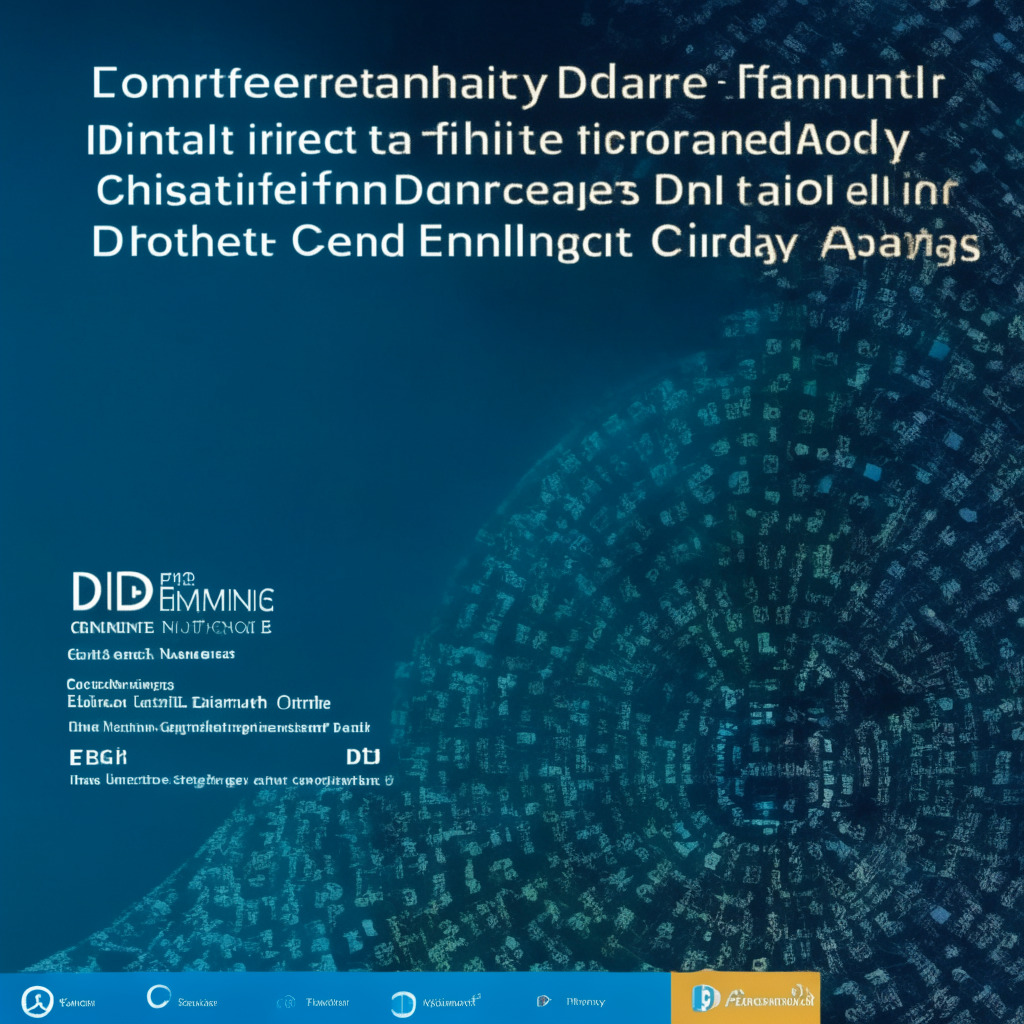In a recent hearing between Terraform Labs and the U.S. Securities and Exchange Commission (SEC), a key point of contention revolved around the question of whether TerraUSD (UST) should be considered an “investment contract.” Terraform’s defense, led by attorney Douglas Henkin, strongly argued that UST was designed for practical uses rather than investments, thus not qualifying as an investment contract. Despite the SEC’s insistence on a broader interpretation, the defense maintained that UST’s design shows its use for commerce rather than investment purposes.
Henkin argued that UST tokens are pegged one-to-one with the US dollar to prevent value fluctuations, emphasizing their consumptive use. On the other hand, the SEC highlighted the economic realities surrounding UST tokens and investors’ expectations as reasons for securities violations. While the SEC did not require a formal contract, Terraform’s defense likened UST to Bitcoin, stating its decentralized nature sets it apart from other assets managed by centralized parties.
Furthermore, Terraform’s defense emphasized that the original algorithm for UST was developed by Terraform Labs, but subsequently turned over to the community, indicating a decentralized control mechanism. Multiple comparisons were drawn to the Supreme Court’s Howey Test as well as the recent West Virginia vs. Environmental Protection Agency decision, both of which have implications for regulatory oversight.
Despite skepticism about Terraform’s claims, the point remains that the SEC’s position seems to focus more on the overall ecosystem these tokens belong to rather than the tokens themselves. In her closing remarks, SEC’s Devon Staren stated that crypto assets by themselves do not constitute investment contracts, adding, “LUNA alone is just a piece of code.”
The outcome of this legal battle could have significant implications for the future of regulatory oversight and the classification of various types of digital assets. As the crypto world continues to evolve, a clear distinction between investment contracts and practical-use tokens might prove to be crucial in ensuring that the industry thrives without unnecessary regulatory barriers. The final ruling, set to be published on or before July 14, will likely garner attention from crypto enthusiasts and regulators alike, as it may help to define the thin line between innovation and investment in digital assets.
Source: Coindesk




